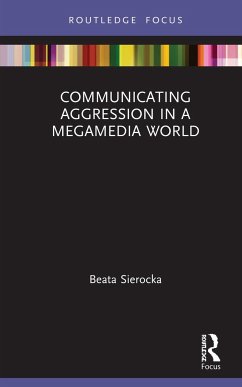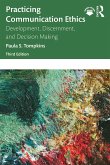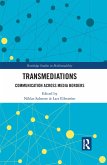This book describes how, in the era of megamedia culture, aggression in communication constitutes a threat to the communication community.
Based on the theoretical incorporation of transcendental pragmatics, the book explores how conceptualizing the phenomena of megamedia aggression from this perspective and diagnosing their destructive force are essential for: postulating the need for constructing a theory of media communication closely related to the model of discursive rationality, giving this theory a critical and normative character, and embedding it in the perspective of the project of social co-responsibility and in the plan for an ethics of co-responsibility.
Combining key elements of media theory, the philosophy of communication, the concept of normative ethics and the fields of social psychology and social anthropology, this book will be of great interest to scholars and students in the areas of communication studies, philosophy, anthropology, psychology and psychoanalysis.
Based on the theoretical incorporation of transcendental pragmatics, the book explores how conceptualizing the phenomena of megamedia aggression from this perspective and diagnosing their destructive force are essential for: postulating the need for constructing a theory of media communication closely related to the model of discursive rationality, giving this theory a critical and normative character, and embedding it in the perspective of the project of social co-responsibility and in the plan for an ethics of co-responsibility.
Combining key elements of media theory, the philosophy of communication, the concept of normative ethics and the fields of social psychology and social anthropology, this book will be of great interest to scholars and students in the areas of communication studies, philosophy, anthropology, psychology and psychoanalysis.








